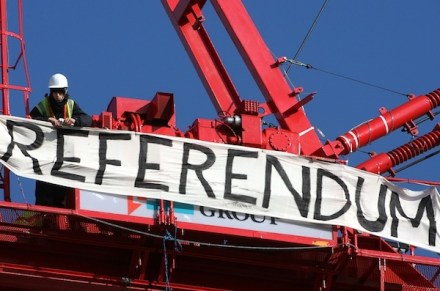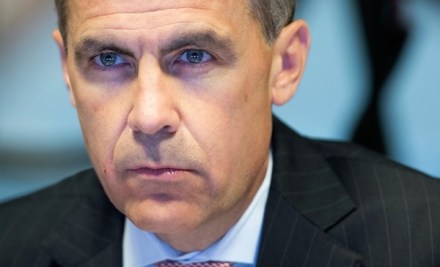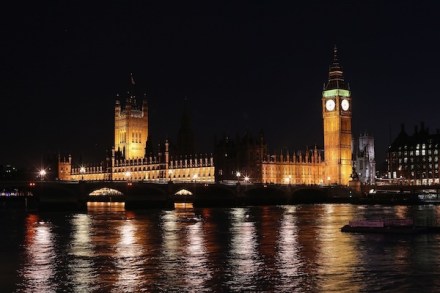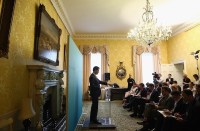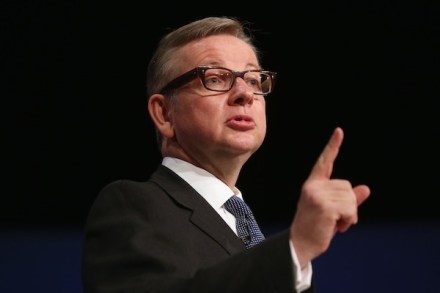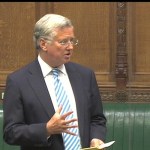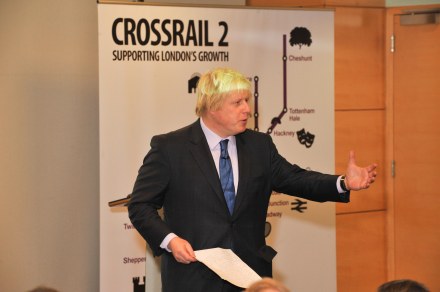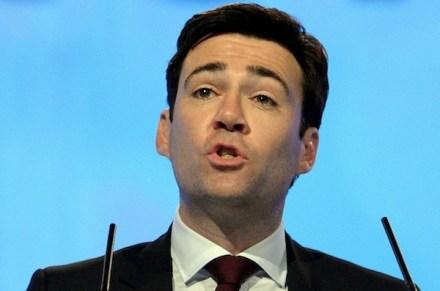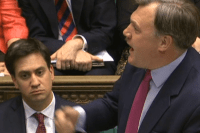Pro-referendum MPs to plot for Labour and Lib Dem manifesto commitment
MPs from all parties who want a referendum are meeting this week to discuss how to get a pledge into the Labour and Lib Dem manifestos, I hear. The All-Party Parliamentary Group for an EU referendum will meet tomorrow, partly to look ahead to James Wharton’s Private Member’s Bill on Friday, but also to draw up a strategy for a referendum commitment from the other two parties. Speaking alongside Wharton at the meeting will be Labour’s Kate Hoey and Lib Dem John Hemming, who backed John Baron’s Queen’s Speech amendment. Labour donor John Mills, who the Times reports this morning as warning that his party could lose the next election
